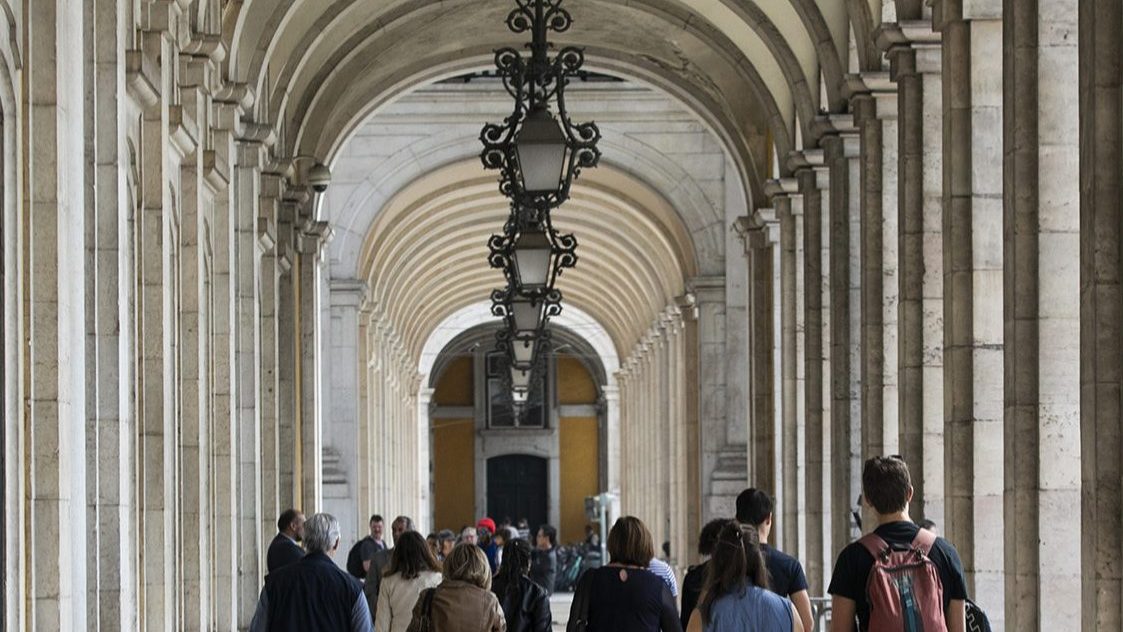Portugal’s PM considers ‘variable geometries’ for future of EU
Prime minister António Costa said that there is a division about the future of Europe between Member States who want "common values" and others with a purely economic idea.
Portugal’s prime minister said on Monday that there is a division about the future of Europe between Member States who want “common values” and others with a purely economic idea, admitting that the solution will be “variable geometries” of integration.
This position was conveyed by António Costa during a conference at the Catholic University in Lisbon on the plan for the Portuguese Presidency of the Council of the European Union in the first half of next year.
The leader of the Portuguese government said that the most complex and least effective path would be to opt for a thorough reform of the 2007 Lisbon Treaty, as “it remains a sufficiently versatile basis”.
“However, today there is a fundamental debate in the European Union that we have to hold, not around a regionalised vision as in the past between North and South, or East and West, but about the real dichotomy that exists in the European Union, which is expressed in debates such as the rule of law, migration policy or how solidarity is translated into moments of economic and social crisis like the present one”, he said.
According to Costa, “there are two visions that are now passing through the different countries of the European Union”.
“Basically, it is whether the European Union is a union of values, or whether, on the contrary, it is primarily an economic instrument to generate economic value. This distinction is very important because the lack of understanding of this distinction has certainly led to the departure of the United Kingdom, which saw the European Union as a platform for generating value, but not something that resulted from sharing fundamental values”, he pointed out.
According to the prime minister, today other countries “are also wondering what this future is and some are even founders of the European project, but they were less visible and vocal because they followed the UK wave and are now more exposed”, he said, in an indirect allusion to the Netherlands.
Costa said, with the departure of the United Kingdom from the European Union, “there was no longer a member state defending the [more economicist] positions and there were now several countries defending the positions that only the United Kingdom apparently defended in isolation”.
He added, “We have to ask ourselves whether the best way is to rigidly implement it, or whether we should look at the European Union in a spirit of greater flexibility, assuming that, just as Schengen or the euro is not for everyone, we have to have variable geometries here in the future of the European Union”.


